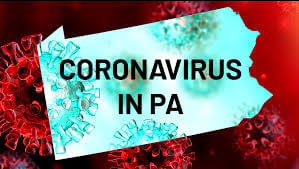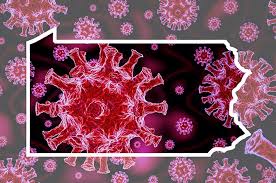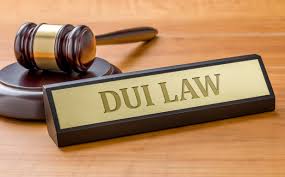DUI of Marijuana / Cannabis in Pennsylvania
Information on What Happens When Charged with DUI of Marijuana in Pennsylvania
While many counties in Pennsylvania have begun relaxing marijuana laws and penalties for possession, when it comes to driving under the influence of cannabis, Pennsylvania’s DUI law is incredibly strict.
Driving while under the influence of cannabis is illegal in all states and Pennsylvania has perhaps the strictest laws in place.
Pennsylvania’s DUI of a Controlled Substance law is constructed in a way that any amount of cannabis, cannabis metabolites or other controlled substances in your system will be sufficient to find you guilty of DUI.
A first-time conviction for DUI of drugs can include a prison sentence of up to six months, a 12-month license suspension and a fine. If there are subsequent offenses, the penalties will sharply increase.
Charged with DUI of Marijuana Without Being Impaired
To be charged with DUI of a Controlled Substance, the driver does not have to be high nor impaired.
This is called the “Per Se” law for DUI of marijuana, meaning prosecutors do not have to show that you were impaired while driving.
With the legalization of medical marijuana in Pennsylvania, many people who are obtaining medical marijuana legally are still being charged with DUI offenses due to having marijuana in their system. Even if a person is using marijuana properly and as prescribed, and are not high at the time of the arrest, they can be charged with Driving Under the Influence.
Amounts of THC can remain in the blood for up to a month, which means within that month any medical marijuana patient who drives and be targeted for DUI.
Under the Pennsylvania Law Code (Pa. Con. Stat. §75-3802) the following applies for DUI of Marijuana:
(d) Controlled substances.–An individual may not drive, operate or be in actual physical control of the movement of a vehicle under any of the following circumstances:
(1) There is in the individual’s blood any amount of a:
(i) Schedule I controlled substance, as defined in the act of April 14, 1972 (P.L.233, No.64), known as The Controlled Substance, Drug, Device and Cosmetic Act;
(ii) Schedule II or Schedule III controlled substance, as defined in The Controlled Substance, Drug, Device and Cosmetic Act, which has not been medically prescribed for the individual; or
(iii) metabolite of a substance under subparagraph (i) or (ii).
Again, you do not have to be “high,” you do not have to be impaired, or “incapable of safely operating a vehicle” to be found guilty of a DUI under this law. The THC from the marijuana just has to be present in your blood, in any amount.
It is imperative that this “zero tolerance” law be changed to stop this legal trap set up by the current laws. There are currently groundbreaking cases ongoing to help show that merely having THC metabolites or low level of Delta Nine THC in your blood has no correlation to impairment, and therefore the current Pennsylvania DUI law needs to be changed.
An arrest is not a conviction.
DUI Charges can be stressful and threatening to your freedom and livelihood. However, just because you were charged does not mean you will be convicted. There are many option to fighting a DUI Charge in Pennsylvania, even for DUI of Marijuana.
DUI Charges of a Controlled Substance Can Be Fought and Won in Court.
OUR NUMBER ONE GOAL: GETTING YOUR DUI CHARGES DISMISSED.
CALL KETCHEL LAW TODAY: 412-456-1221 FOR A FREE CONSULTATION
If you or a loved one is charged with driving under the influence of cannabis, please contact Ketchel Law for consultation and representation to help you fight this outdated law.
The Attorneys at Ketchel Law are experienced Pennsylvania DUI Lawyers. Our Attorneys are here to help you understand your rights and the charges you face.
Call Attorney Justin Ketchel today for a free consultation.
Learn more about Hiring a DUI Lawyer in PA.
Learn More About DUI Laws in Pennsylvania:
- DUI Lawyer Pittsburgh
- First-time DUI in PA
- The ARD Program
- Second DUI in PA
- The DUI Court Process
- The Penalties for a DUI Conviction in PA
- DUI Arrest in PA with a BAC over .16
- Underage DUI
- Underage Drinking in PA
- Third DUI Offense and Subsequent DUI Offenses
- DUI in PA with a CDL License
- DUI while on Probation
- DUI Prescription Medication
- DUI Accident with Injuries
- DUI Field Sobriety Tests
- Guide to Hiring a DUI Lawyer
- The Birchfield Ruling—New Supreme Court Ruling on DUI




